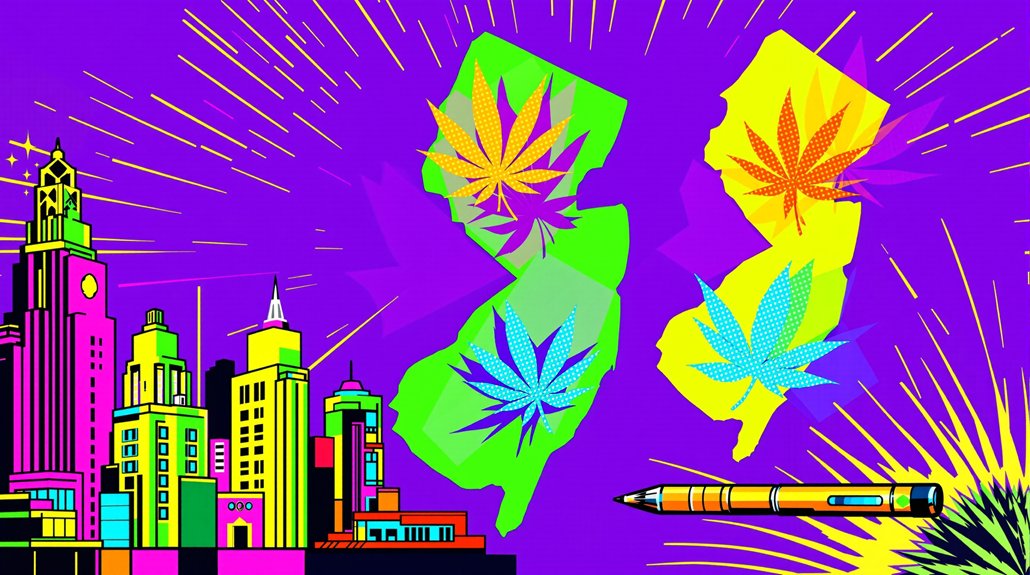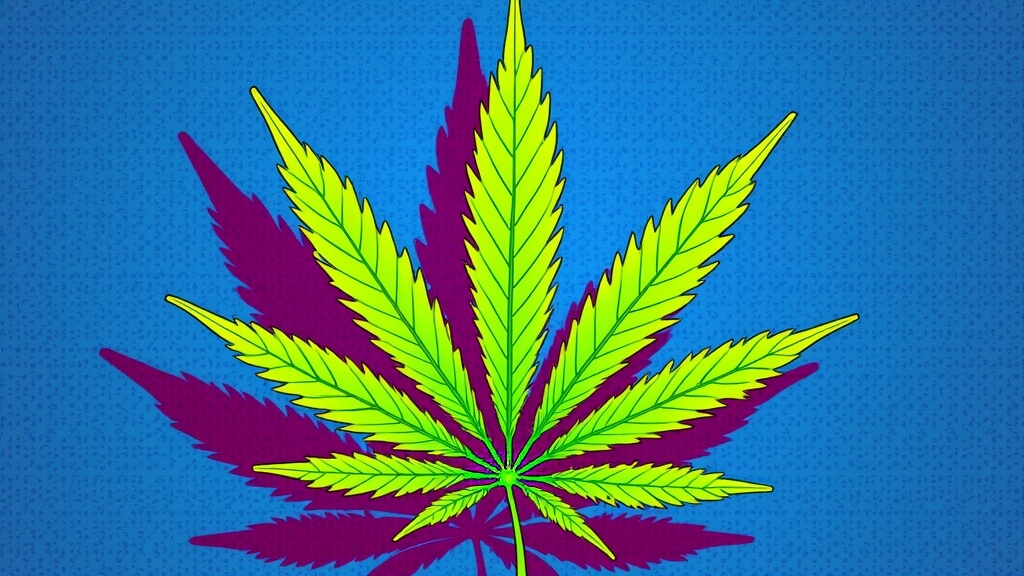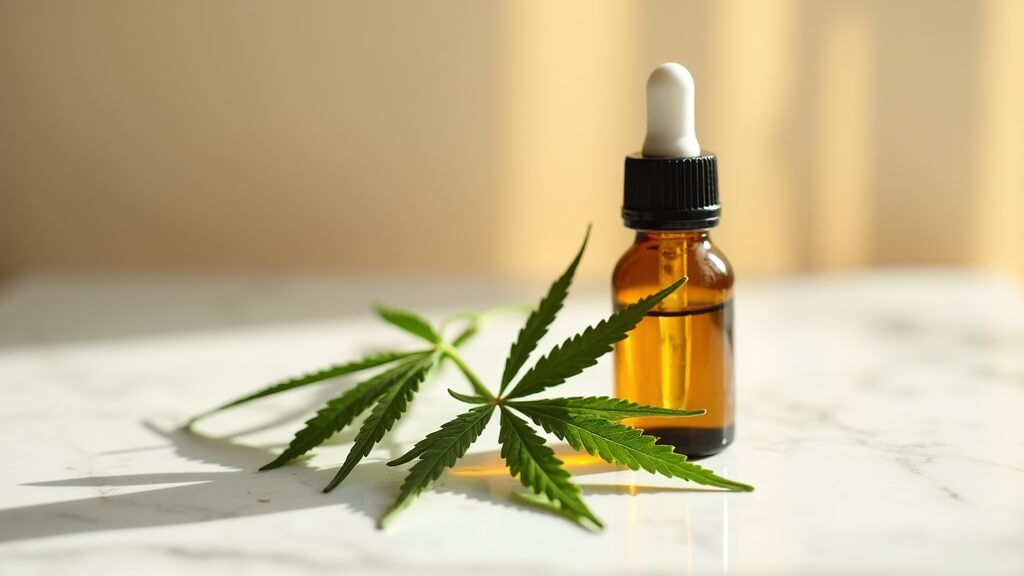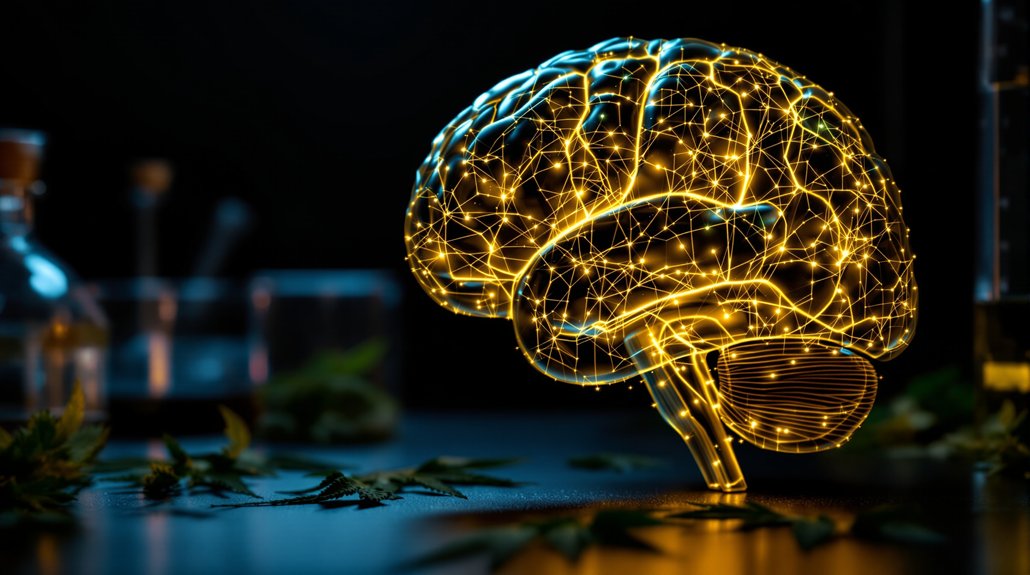While traditional psychiatric medications struggle to address core eating disorder symptoms, an extensive survey of over 7,600 participants across 83 countries reveals that cannabis and psychedelics consistently outperform prescribed treatments in patient-reported effectiveness. This groundbreaking study, published in JAMA Network Open, represents the most thorough examination of substance use for eating disorder management to date.
Groundbreaking international survey reveals cannabis and psychedelics outperform traditional psychiatric medications for eating disorder symptoms across 7,600 patients.
The findings paint a stark picture of current treatment limitations. Only two medications hold FDA approval for specific eating disorders: lisdexamfetamine for binge-eating disorder and fluoxetine for bulimia nervosa. Anorexia nervosa patients have no approved pharmacological options whatsoever. Meanwhile, prescribed antidepressants and psychotropics, while helpful for general mental health concerns, fail to meaningfully address core eating disorder symptoms according to patient experiences.
Cannabis users reported significant benefits, particularly increased motivation to eat and enhanced food reward perception. These effects prove especially valuable for individuals with restrictive eating disorders who struggle with food aversion. The plant’s ability to counteract the psychological barriers to eating offers hope where traditional medications fall short.
Psychedelics like psilocybin and LSD demonstrated different but equally compelling advantages. Participants highlighted these substances’ capacity to facilitate psychological flexibility and create shifts in disordered thinking patterns. Users reported improvements in eating disorder-related anxiety and symptoms that often drive the most destructive behaviors. Remarkably, participants reported experiencing benefits from psychedelics taken only once or twice per year, suggesting long-lasting therapeutic effects.
The survey encompassed participants with anorexia nervosa, bulimia nervosa, binge-eating disorder, and avoidant/restrictive food intake disorder. Usage rates for cannabis and psychedelics among eating disorder patients exceeded those found in general populations, suggesting targeted self-medication rather than recreational use. Notably, the study population showed high co-morbidity rates with depression affecting 65% of participants, anxiety affecting 55%, and ADHD affecting 33%.
Not all substances showed promise. Alcohol, tobacco, nicotine, and cocaine ranked lowest for symptom relief, with many participants reporting worsened conditions. Even prescription stimulants, ketamine, and opioids failed to match the effectiveness ratings of cannabis and psychedelics.
However, significant caveats accompany these encouraging results. The data relies entirely on self-reported experiences rather than controlled clinical trials. Potential risks include substance misuse, adverse psychological effects, and complications from unsupervised use. Current safety and efficacy evidence remains insufficient for clinical recommendations.
The research highlights a troubling gap in eating disorder treatment options. While patients desperately seek relief from debilitating symptoms, the medical establishment offers limited pharmaceutical solutions. These findings demand urgent attention from researchers and clinicians who must balance patient needs with safety concerns.
Robust randomized controlled trials are essential to establish proper risk-benefit profiles before these substances can shift from underground self-medication to legitimate therapeutic options.










